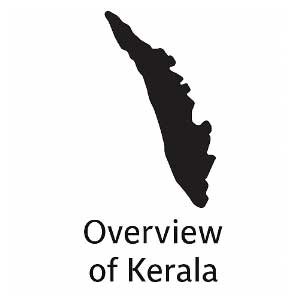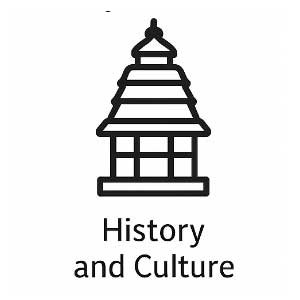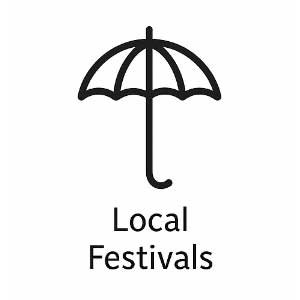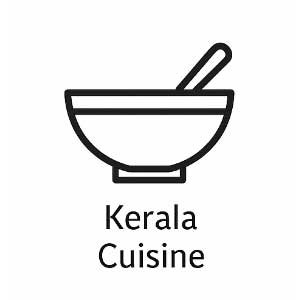

Kerala History and Culture
History and Culture
Kerala, known as “God’s Own Country,” is a land rich in history and culture. This enchanting state on India’s southwestern coast is renowned for its diverse heritage that spans millennia. From ancient civilizations and powerful dynasties to colonial influences and post-independence progress, Kerala’s history and culture are a fascinating blend of tradition and modernity. The state’s vibrant festivals, classical arts, and unique architecture further highlight its cultural richness, making Kerala a captivating destination for those seeking to explore its storied past and dynamic present.
Ancient and Medieval History
Kerala’s ancient and medieval history is a captivating journey through time, marked by the rise of powerful dynasties and the flourishing of early civilizations. This period saw the establishment of significant cultural and political foundations that have shaped Kerala’s unique identity. The influence of various dynasties and the growth of trade and literature during this era laid the groundwork for Kerala’s enduring legacy in history and culture.


Early civilizations and dynasties


Kerala’s early civilizations and dynasties played a crucial role in shaping its rich history and culture. The Chera dynasty, one of the prominent ruling powers, was instrumental in establishing Kerala as a major trade hub during the Sangam period. This era saw extensive maritime trade with distant lands like Rome and China, fostering a vibrant exchange of goods, ideas, and cultural practices. The contributions of these early civilizations and dynasties laid the foundation for Kerala’s unique cultural heritage.

Colonial Period
The colonial period in Kerala’s history and culture was marked by the significant influence of the Portuguese, Dutch, and British. Each of these colonial powers left an indelible mark on the region, shaping its cultural and architectural landscape. The Portuguese were the first Europeans to establish a strong presence, followed by the Dutch, who fortified their trading networks. The British era introduced modern infrastructure, education, and administrative reforms, further blending with Kerala’s traditional culture to create a unique and diverse heritage.




Influence of the Portuguese, Dutch, and British
The influence of the Portuguese, Dutch, and British during the colonial period significantly impacted Kerala’s history and culture. The Portuguese introduced new architectural styles and culinary influences, while the Dutch enhanced trade and built impressive forts. The British brought about significant changes in education, infrastructure, and governance. These colonial influences merged with local traditions, creating a unique cultural mosaic that continues to shape Kerala’s identity today.


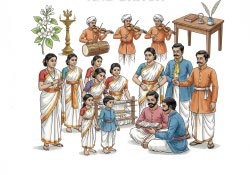


Post-Independence Era
The post-independence era in Kerala is characterized by remarkable social, economic, and cultural transformations. After gaining independence from British rule, Kerala emerged as a state known for its progressive policies, high literacy rates, and comprehensive healthcare system. Land reforms and educational advancements played pivotal roles in shaping modern Kerala. The cultural scene also flourished, with significant contributions to literature, cinema, and performing arts. This period highlights Kerala’s journey toward becoming a model of development and social justice in India.
Kerala after Indian independence
Kerala’s history and culture post-independence reflect a state that has embraced progress and development while preserving its rich cultural heritage. The implementation of land reforms, advancements in education, and a strong healthcare system have contributed to Kerala’s reputation as a progressive state. The flourishing cultural scene, with its contributions to literature, cinema, and performing arts, showcases the state’s dynamic evolution and its commitment to cultural preservation and innovation.
Cultural Traditions
Kerala’s cultural traditions are a vibrant reflection of its rich history and culture, celebrated through numerous festivals, classical arts, and architectural marvels. Festivals like Onam, Vishu, and Thrissur Pooram are integral to Kerala’s cultural identity, featuring traditional music, dance, and feasts. Classical art forms such as Kathakali, Mohiniyattam, and Theyyam narrate mythological stories and local folklore through expressive performances. Kerala’s architecture, from ancient temples to colonial-era churches and mosques, illustrates the region’s diverse cultural influences. Exploring these cultural traditions provides deep insights into Kerala’s history and culture, highlighting the state’s enduring legacy and vibrant present.
Festivals, arts, and architecture
Kerala’s festivals, arts, and architecture are central to its history and culture. Festivals such as Onam, Vishu, and Thrissur Pooram showcase the state’s vibrant traditions and community spirit, while classical art forms like Kathakali, Mohiniyattam, and Theyyam highlight its rich artistic heritage. Kerala’s architectural landscape, featuring ancient temples, colonial-era churches, and mosques, reflects a blend of cultural influences. These elements together create a dynamic and enduring cultural legacy that continues to thrive in contemporary Kerala.



